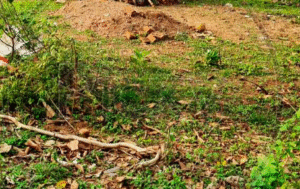
The World Assembly has formally accused Israel of committing a war crime by deliberately causing starvation in the Gaza Strip. The accusation highlights concerns over the humanitarian impact of ongoing conflict and blockades in the region.
Allegations of Starvation as a Weapon
According to the World Assembly, restricting food and essential supplies to Gaza constitutes a violation of international law. These actions are described as a tactic aimed at exerting pressure by inflicting suffering on the civilian population.
International Response
The accusation has sparked debates among global leaders and human rights organizations. Calls for immediate humanitarian access and renewed peace talks have intensified amid fears of worsening conditions for civilians.
Legal Implications
The claim may lead to investigations by international courts, potentially holding those responsible accountable under war crime statutes. It also raises questions about the enforcement mechanisms of international humanitarian law.
Impact on Civilians
The situation in Gaza remains dire, with limited access to food, clean water, and medical supplies. Vulnerable populations, including children, are at heightened risk due to these shortages.
Summary:
- World Assembly accuses Israel of using starvation as a war crime in Gaza.
- Calls for humanitarian aid and peaceful resolutions have increased.
- Potential legal consequences for those involved in the blockade and restrictions.
- Civilians in Gaza face urgent humanitarian crises.





